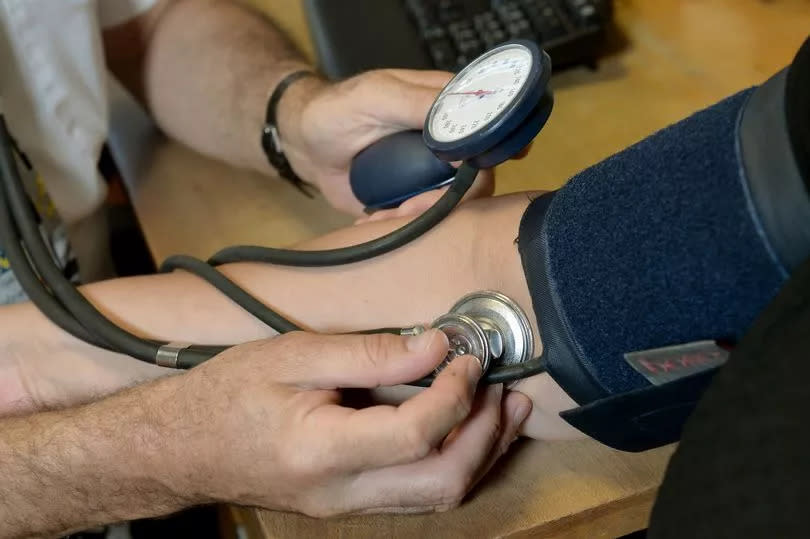Early deaths from cardiovascular disease three times higher in poorest parts of Bristol

People living in the poorest parts of Bristol are three times more likely to die prematurely from cardiovascular disease compared to the richest parts. £1.3 million is planned to be spent in the next few years on checking people aged over 40 for their risk of having a heart attack or stroke.
Cardiovascular disease includes conditions such as heart disease, strokes and diabetes, and there is a clear link between higher rates in poorer areas. GP surgeries offer checks to people to assess their risk of developing a cardiovascular disease, which is largely preventable.
Bristol City Council pays GP surgeries to carry out the checks, and a contract to do so was extended by councillors on the public health and communities policy committee on Friday, June 21. But councillors said they were “shocked” by the huge difference in the risks across the city.
Read more: People living in richest parts of Bristol live for a decade longer than the poorest parts
Read more: Bristol obesity plan with system-wide approach to oppose companies ‘selling really s*** food’
Labour Councillor Emily Clarke said: “The stats about inequality are quite shocking. The rates of early death from cardiovascular disease are three times higher in the most deprived areas of Bristol compared to the most affluent areas.”
Liberal Democrat Cllr Stephen Clarke, chair of the committee, added: “There are huge disparities, often in communities living right next door to each other. I remember looking at the instances of smoking rates and lung cancer.
“Henleaze for instance had the highest life expectancy in the city, and Southmead right next door had one of the lowest. There are similar disparities between Knowle West and Bishopsworth in the south of the city as well.”
People living in the richest parts of Bristol, such as Westbury-on-Trym and Clifton, live for a decade longer on average than people in the poorest parts, such as Lawrence Hill and Hartcliffe and Withywood. A quarter of this difference is because of cardiovascular disease.
Anybody aged 40 to 74 is entitled to a free NHS health check. A doctor will take blood pressure, measure BMI, and take blood to check cholesterol levels. They will also ask about smoking, alcohol intake and physical activity.
They then use the results, along with age, gender and ethnicity, to calculate an individual’s risk of developing a cardiovascular disease, such as suffering heart attacks or strokes. These risks are largely preventable, and support is available for lifestyle changes like stopping smoking, losing weight, and reducing alcohol intake.
Carol Slater, head of public health, said: “People don’t necessarily see it as important to come. When you’re feeling well, why would you go to a doctor? Men in particular are less likely to attend. We’ll be looking at targeted work for those people who currently don’t come. We know that South Asian men are particularly vulnerable to diabetes and heart attacks.”
Some people who get tested are surprised to see their risk is quite high, as factors like cholesterol levels often don’t show symptoms. One organisation, Caafi Health, also carries out health checks outside mosques and community centres, including blood pressure, blood sugar levels, as well as checks for your liver, cholesterol and kidneys.
Green Cllr Abdul Malik said: “They set themselves up outside of mosques and religious institutions, and do basic health checks. In the past couple of months, one of the clinics identified at least eight elderly men of Asian heritage who came out of the mosque and were monitored for cholesterol, and they had really high levels although no symptoms.”
However, one issue is the difficulty many people report in trying to book a GP appointment. There is a shortage of doctors and the population in Bristol has been growing rapidly for several years, creating extra demand.
Cllr Malik added: “After a couple of months of them being frightened and really agitated about their cholesterol, they reported back that the lipid clinics weren’t giving them appointments. They found it very difficult to get in touch with a GP, even though there was a referral, but also lipid clinics are very limited within Bristol.”

 Yahoo News
Yahoo News 
